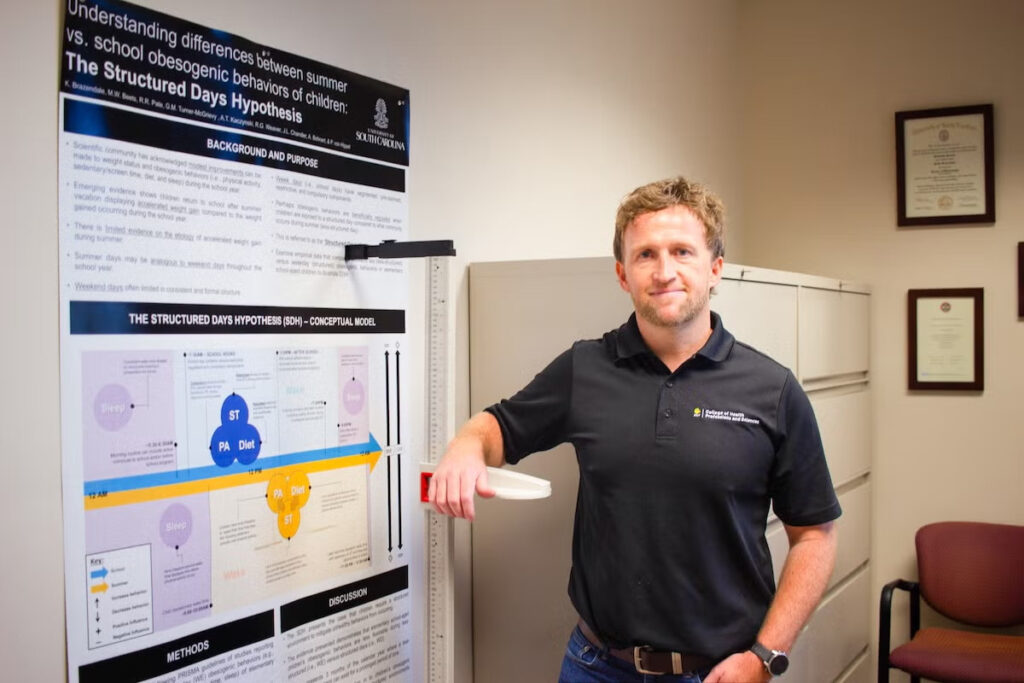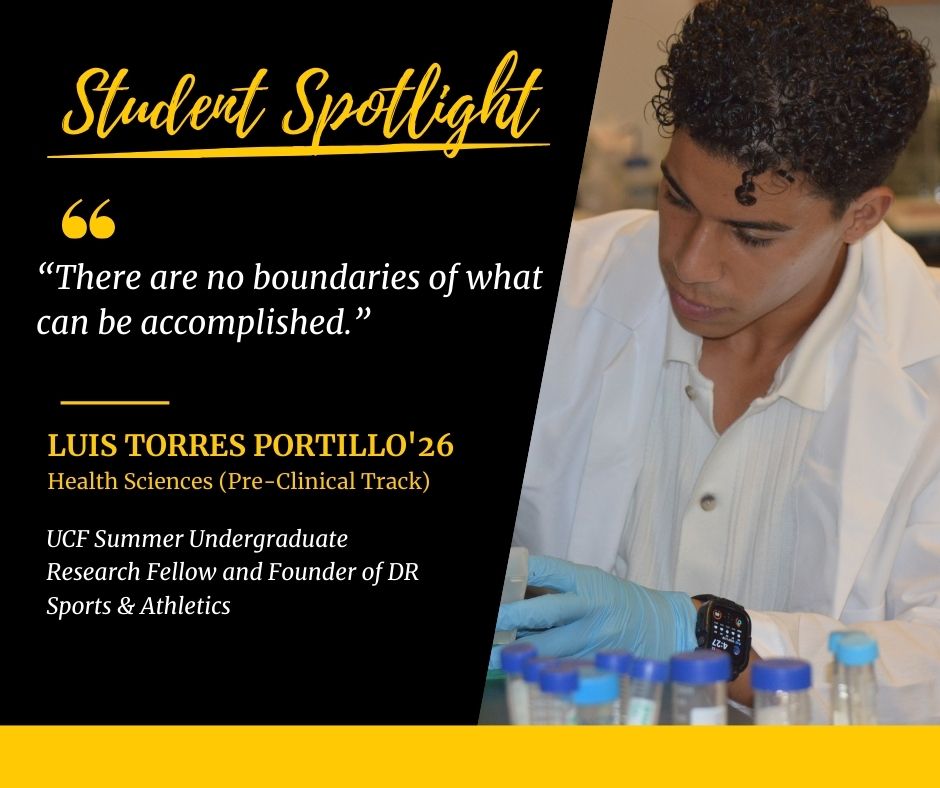Class Name: HSC (4703) – Clinical Documentation for Health Care Professions
Instructor: Christine Stapell, adjunct faculty, Department of Health Sciences
Course Offered: Online in the Fall, Spring, Summer
Number of Seats: 50
Prerequisites: Junior or senior standing. Completion of HSC 3147 (Introduction to Pharmacology) and HSC 4555 or HSC 4558 (Pathophysiology I or II)
What do students learn in this course?
Stapell: Electronic healthcare records are now the standard that every healthcare facility uses to store patient information. In addition to an overview of how these systems function, students will learn the standards of documentation and even have the chance to work in a real EHR with mock patient data. Students will gain a better understanding of how this important tool helps healthcare providers communicate among each other and improve patient outcomes.
What makes this course unique?
Stapell: Working in a real EHR is unique and something most students don’t gain experience with until they complete an internship, or sometimes even their first job. This course includes a large variety of case studies that allow students to practice their ability to apply content from prerequisite courses to situations encountered in clinical practice and to gain proficiency documenting patient care interactions in medical records using acceptable formats. The students will explore lots of different patient interactions in settings like a hospital, emergency room, pharmacy, rehab center, pediatric hospital, and long-term care facility.
Why is this such an important class for students to take?
Stapell: No matter what healthcare occupation you go into, you will need to know how to chart and interpret patient records. The students enrolled now plan to become physical therapists, occupational therapists, physician assistants, and social workers, among other healthcare professions. This class also prepares them if they would like to pursue a position as a medical scribe, which is a great way to gain healthcare experience while pursuing your degree.
What skills do students take away from the course?
Stapell: There are probably hundreds of different EHR software. Instead of teaching specifically about one specific platform, this class provides transferable skills on how these systems function and the responsibility the healthcare provider has in leveraging the advantages of these systems to enhance patient care and outcomes. This also includes education on how to reduce errors in charting that could lead to adverse health events. After completing this class, students should feel confident in their ability to use an EHR.








